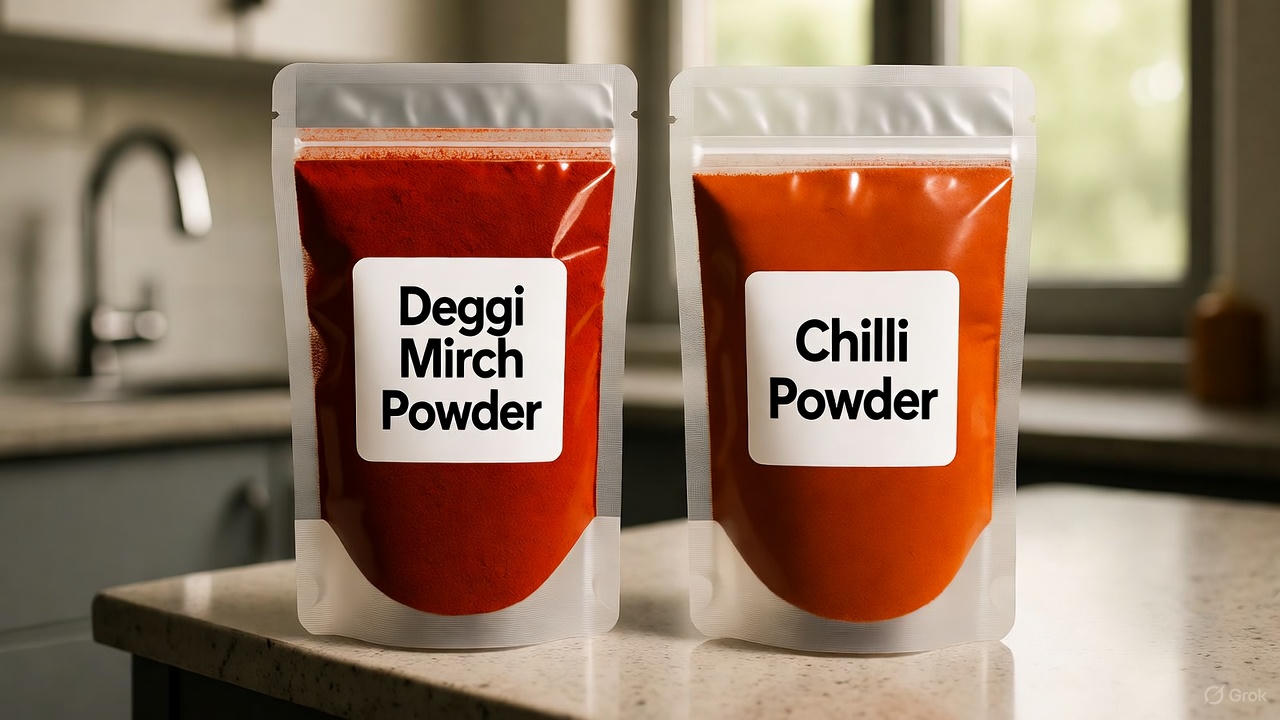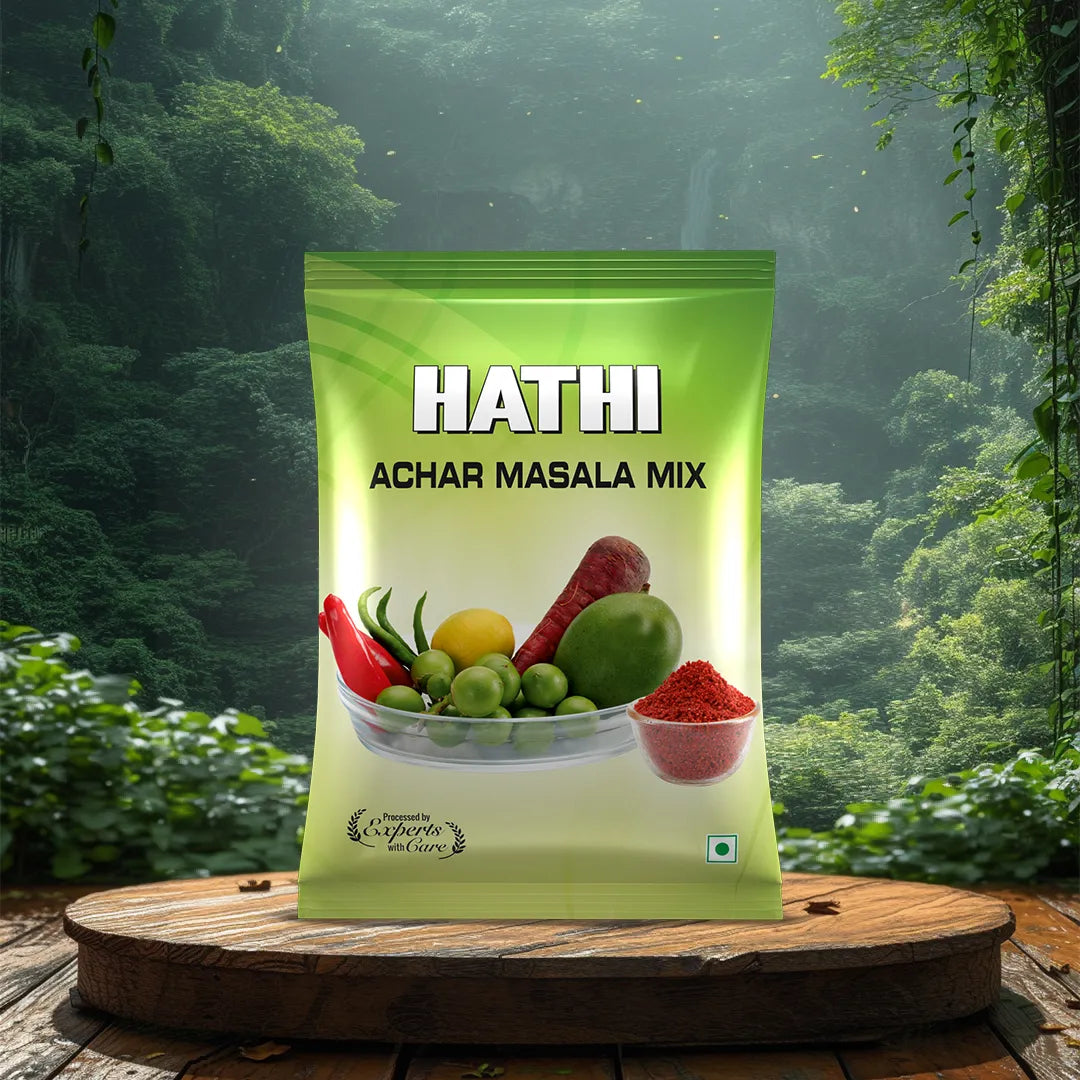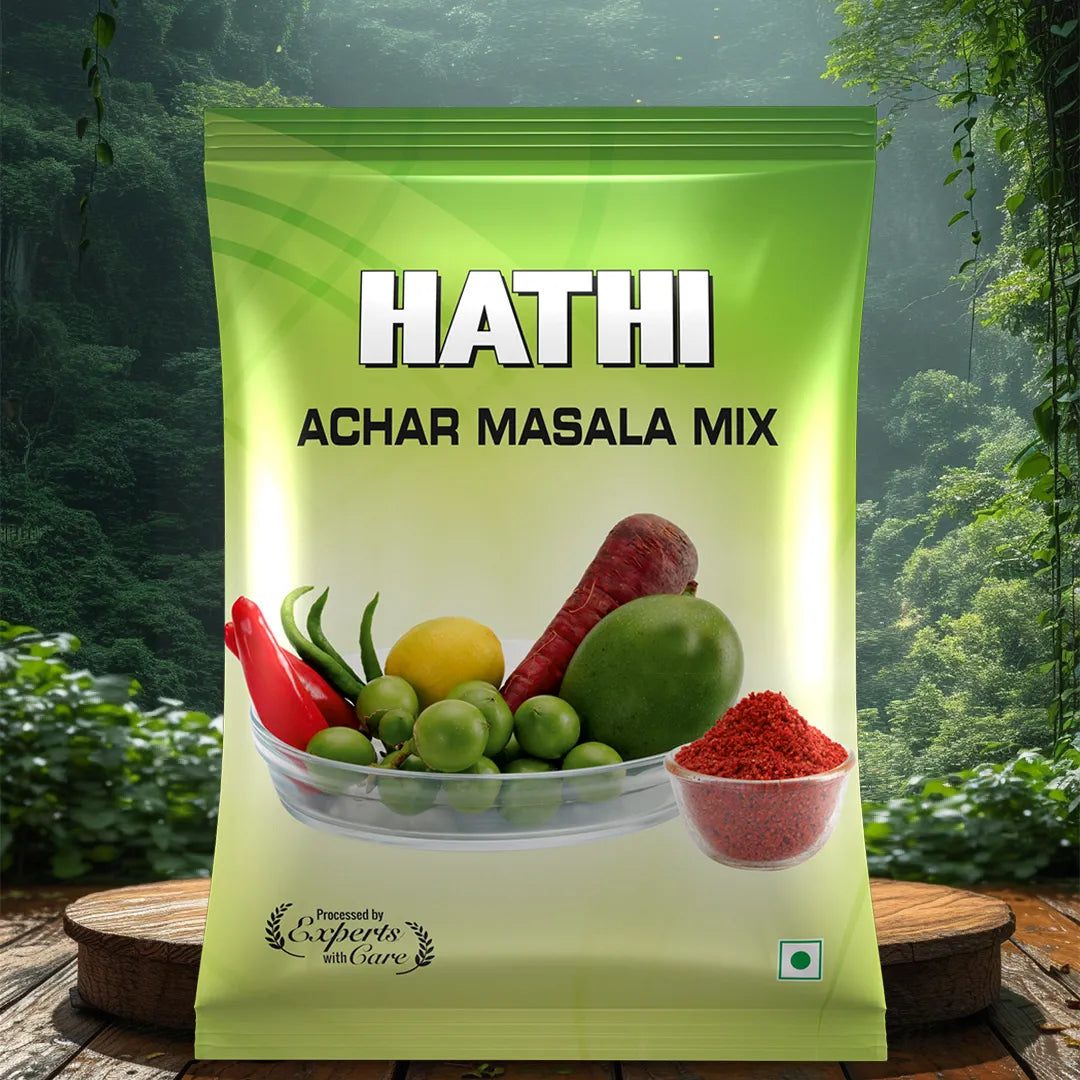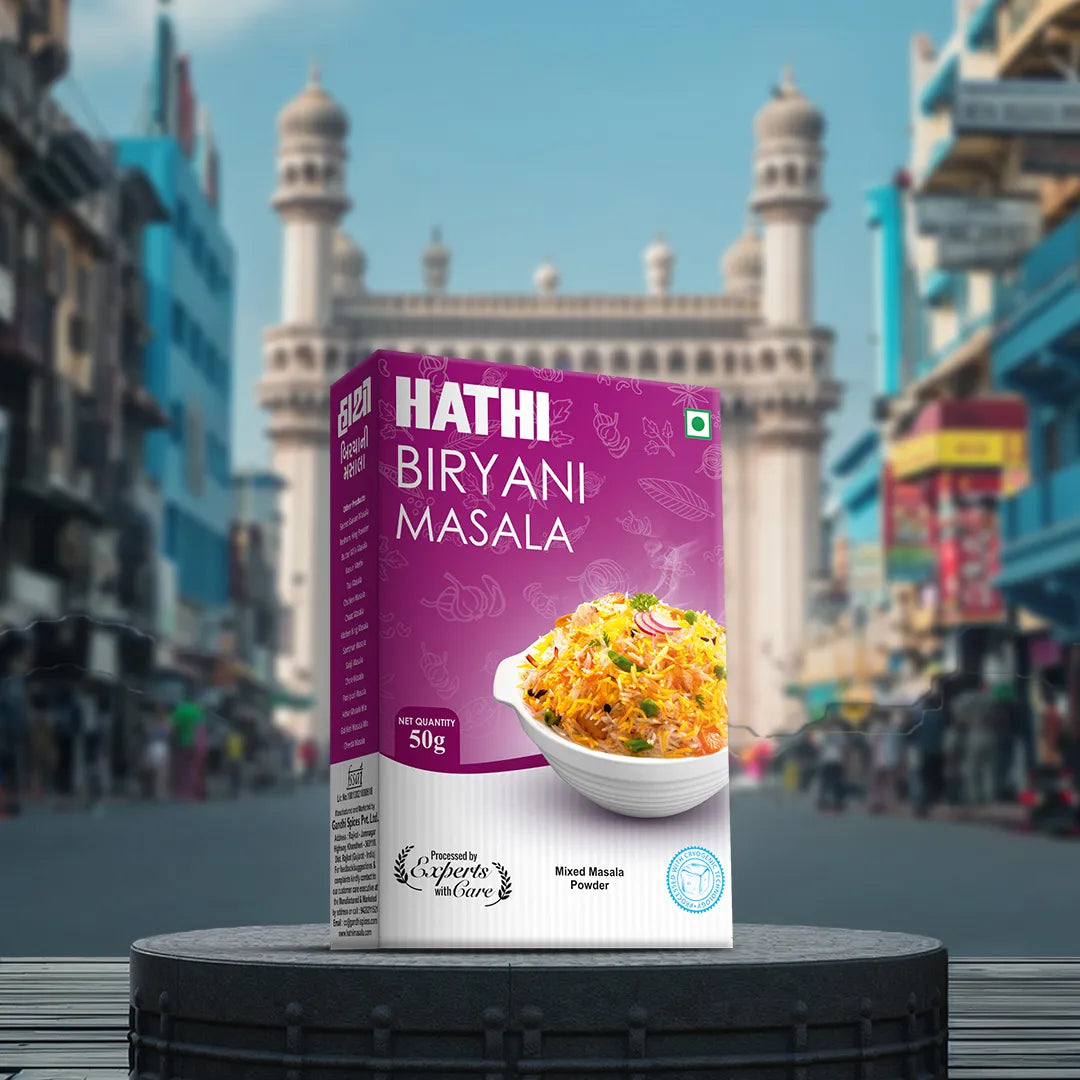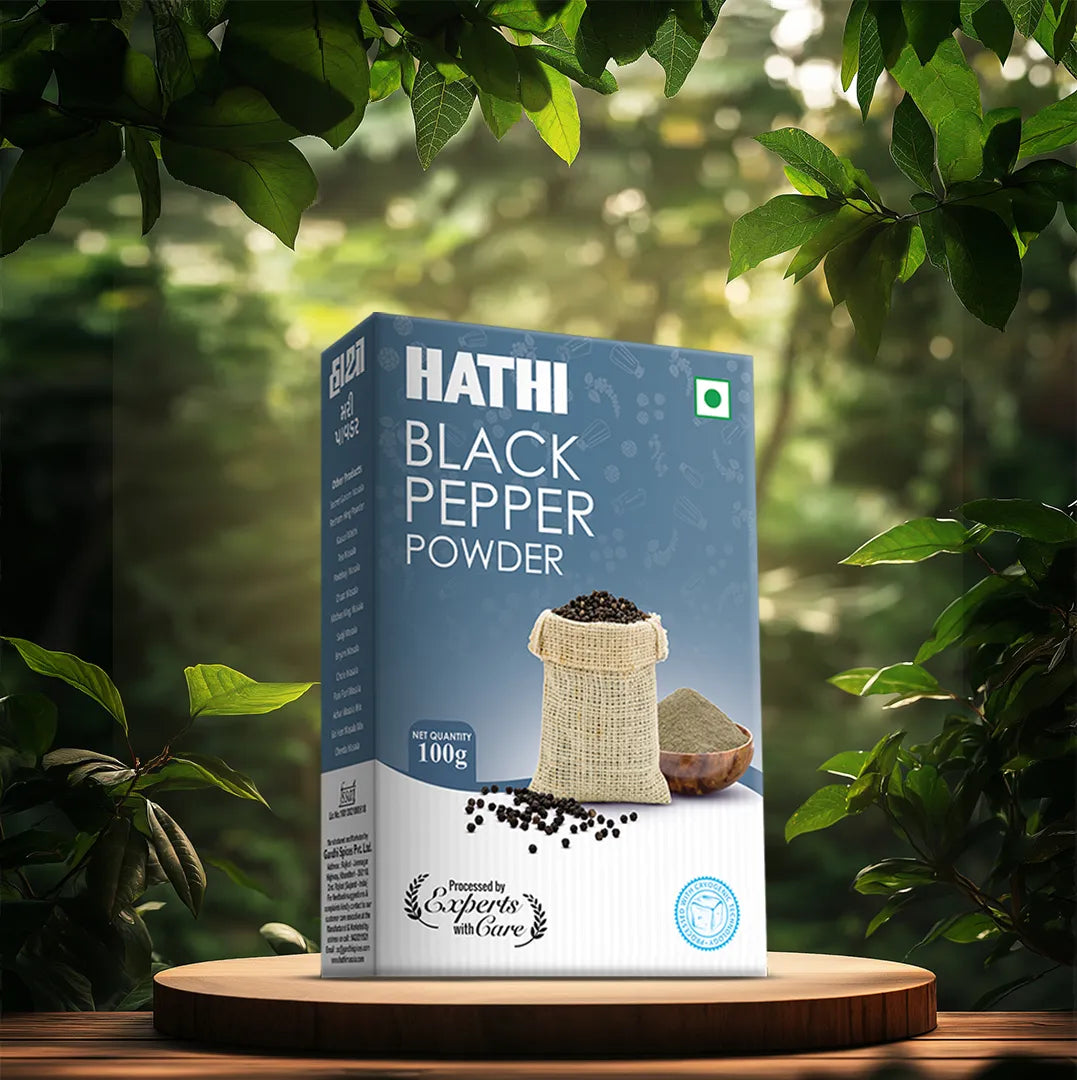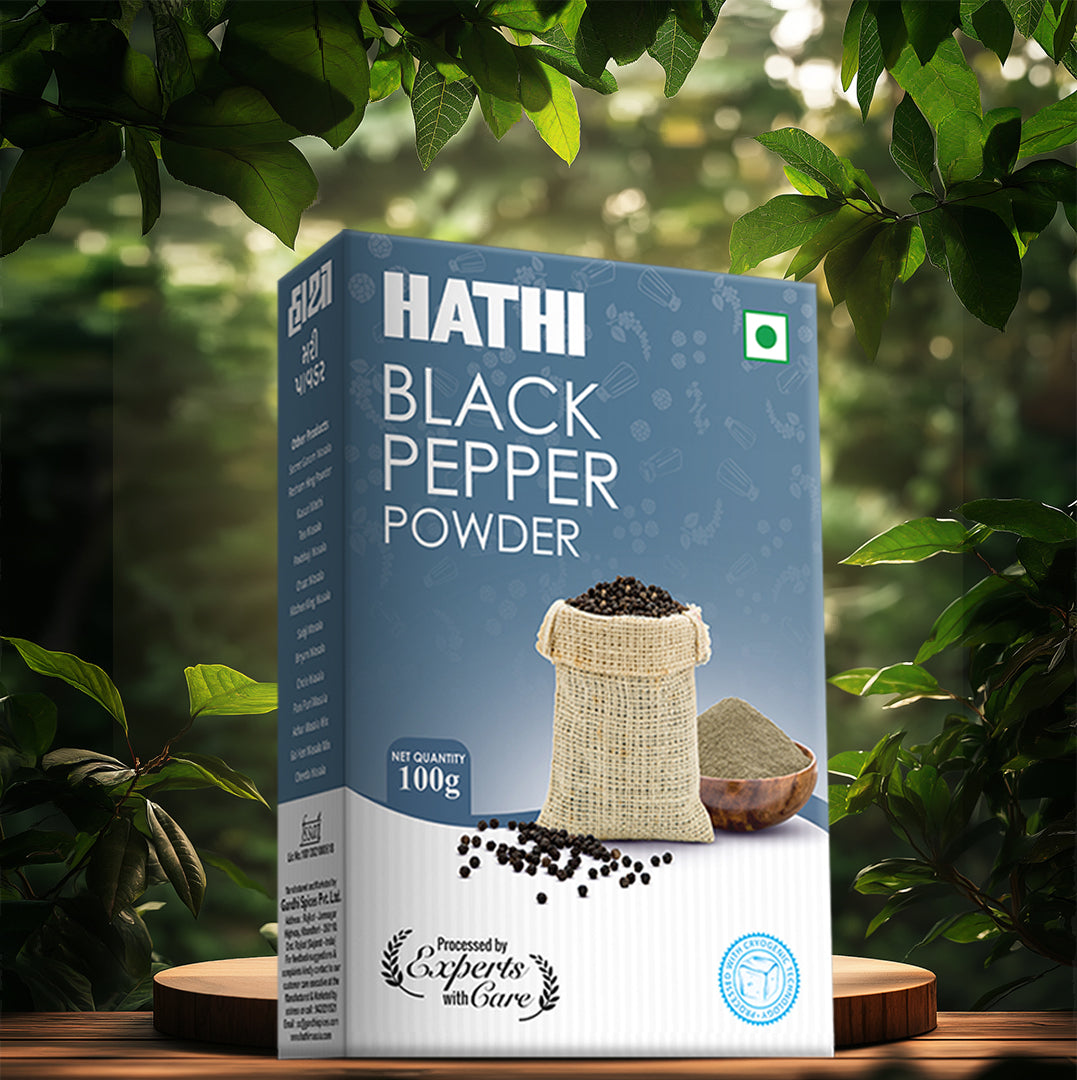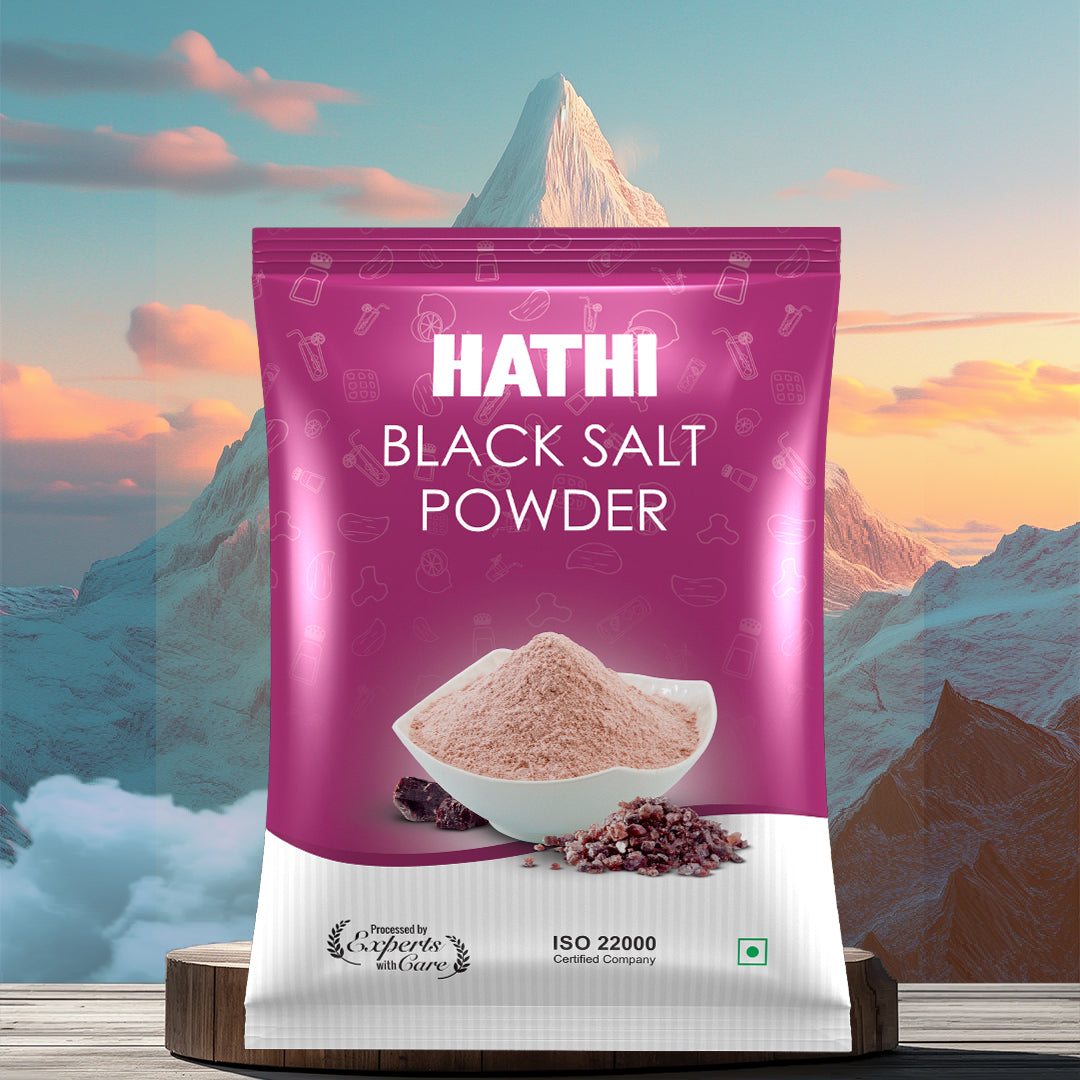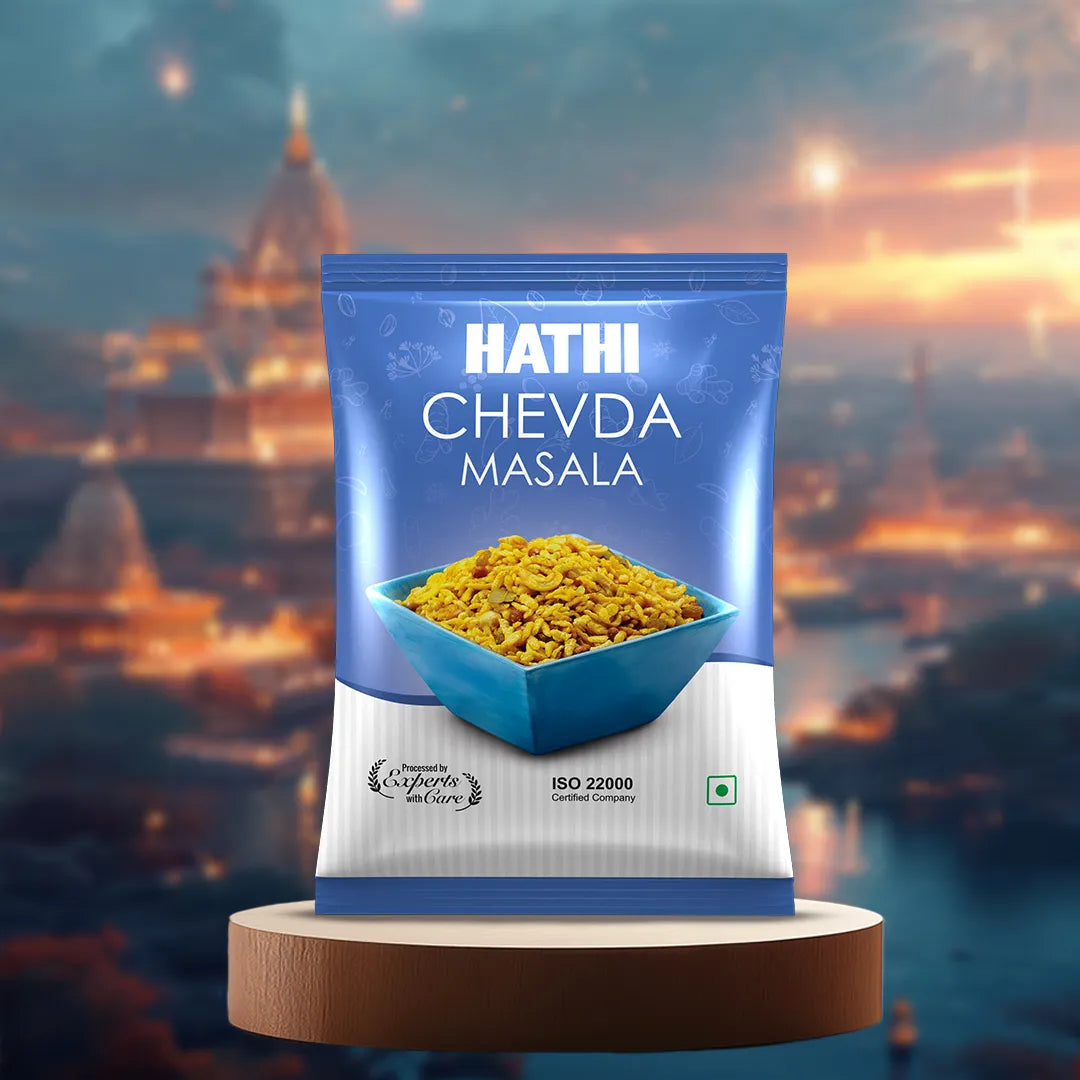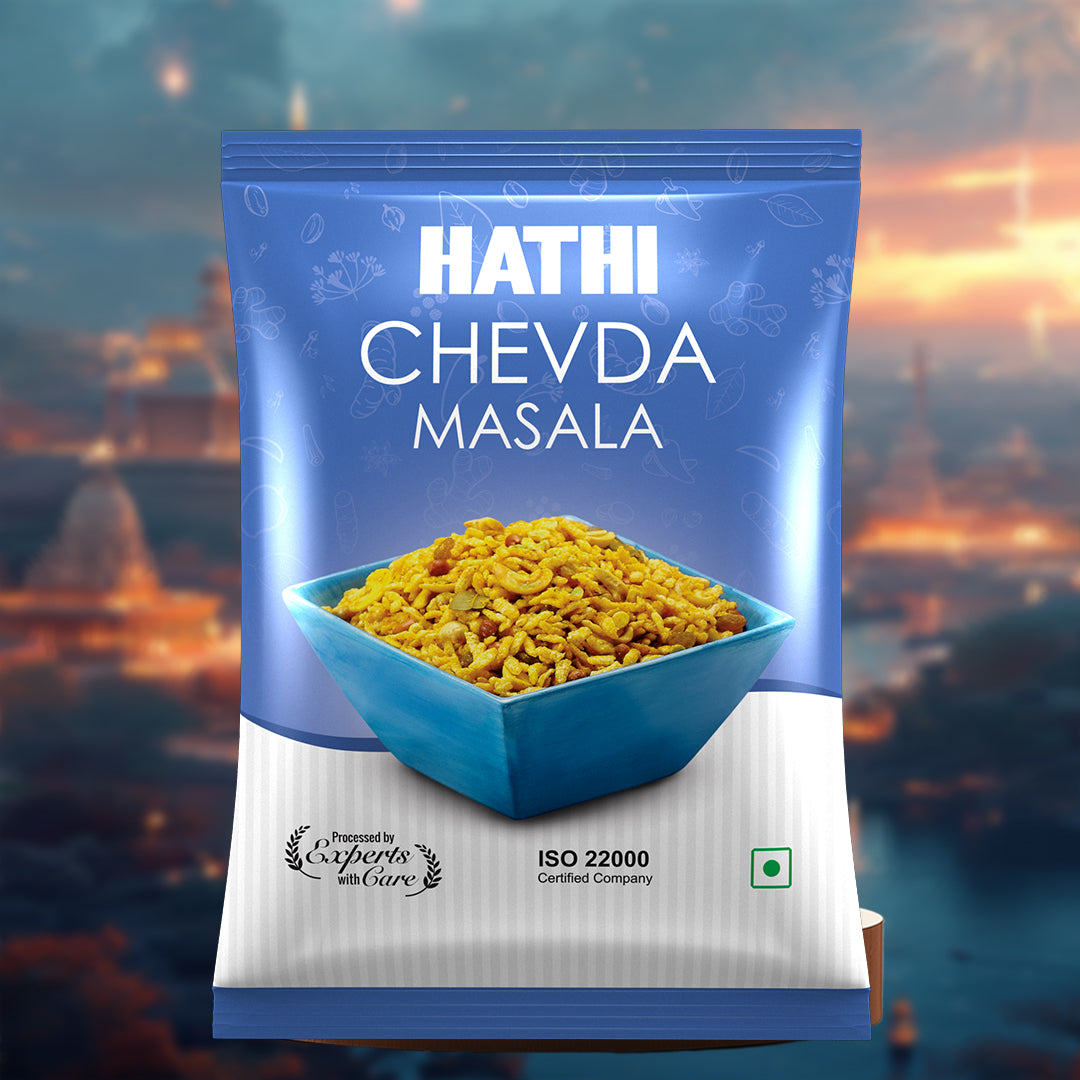Pumpkin seeds, which are known as "pepitas," are oval, flat seeds taken from inside of pumpkins. In Indian languages, they are called pumpkin seeds, or कद्दू के बीज in Hindi, பரங்கிக்கொட்டைகள் in Tamil, గుమ్మడికాయ విత్తనాలు in Telugu, and भोपळ्याच्या बिया in Marathi. They are sold hulled (or unhulled) and uncooked or roasted. Sunflower seeds are the seeds found in the larger yellow flower head of the sunflower plant and are often black and white striped in their shell, with a pale edible kernel and mild nutty flavor.
A Closer Look at Their Nutritional Profile
Nutritionally comparing both seeds, pumpkin seeds have higher protein and mineral content than sunflower seeds. According to the nutrition facts for pumpkin seeds, they provide around 30 grams of protein per 100 grams, which is a lot of protein for a plant source. Pumpkin seeds also provide a variety of minerals such as magnesium, zinc, iron, and phosphorus. Estimating a 1-teaspoon serving of pumpkin seeds will provide around 57 calories, giving a lot of energy for a small serving.
By comparison, sunflower seeds have slightly higher total calories, with about 584 calories per 100 grams. Their standout feature is their high vitamin E content, which is beneficial for skin health and a strong antioxidant. While they have somewhat less protein than pumpkin seeds (around 21 grams per 100 grams), they do provide selenium, copper, and folate, which are important nutrients.
The Health Benefits of Pumpkin Seeds

Pumpkin seeds also have numerous health benefits, especially if eaten regularly and in moderation. They strengthen the immune system due to their high zinc content and support heart health due to their good fats and magnesium content. They are high in antioxidants, which may reduce inflammation in the body.
One, perhaps lesser-known, health benefit of pumpkin seeds for men is prostate health. Zinc and phytosterols present in pumpkin seeds may relieve symptoms of an enlarged prostate and excess urinary function. The high protein content may also benefit muscle repair and growth, especially directly post-workout.
For hair health, pumpkin seeds certainly have benefits for hair, especially in the areas of vitamin E, omega-3 fatty acids, and antioxidants. Pumpkin seeds and pumpkin seed oil for hair may help to reduce thinning and promote hair growth due to nutrients nourishing hair follicles and improving circulation to the scalp, which results in stronger, shinier hair over time.
The Benefits of Sunflower Seeds
Sunflower seeds are a great source of vitamin E, which is a potent antioxidant that offers cellular protection and supports healthy skin. Doing so frequently may also assist with reducing inflammation, lowering cholesterol levels, and promoting overall heart health. Another bright spot is that sunflower seeds contain selenium, which advocates for thyroid health and supports immune function. Sunflower seeds contain compounds to elevate mood and mitigate stress and anxiety symptoms, making them an enjoyable snack on a busy day.
Pumpkin Seeds vs. Sunflower Seeds: Who Wins the Nutrient Battle?
When it comes to comparing the two, each seed has its own advantages. Pumpkin seeds lead in the amount of protein, magnesium, and zinc, which may interest those looking to gain muscle, increase immunity, or support bone health. Pumpkin seeds have the highest protein per 100g for vegetarian/fitness people.
Sunflower seeds offer more vitamin E benefits for skin/heart health. Both contain healthy fats, but sunflower seeds skew higher in total calories, which may be of interest if you are worrying about macros or weight.
As for the antioxidant and anti-inflammatory properties of both seeds, pumpkin seeds also provide phytosterols, which purportedly may lower LDL cholesterol and improve cardiovascular health overall. In the end, the most advantageous seed depends on your health and needs.
How to Consume Pumpkin Seeds: Simple Ways to Add Them to Your Diet
It is common for people to ask how to consume pumpkin seeds or incorporate pumpkin seeds into their everyday meals. One of the easiest ways is to simply eat them raw or lightly toasted, as they will maintain most of their nutrients. You can add pumpkin seeds on top of your oatmeal, yogurt or salads. They are also good for blending into smoothies or homemade energy bars.
If you are looking for optimal digestibility, soak them overnight before consuming. This will help to decrease anti-nutrients and make the minerals more bioavailable to your body. How many pumpkin seeds that you should eat depends on your objectives, but many nutrition sources suggest one handful or roughly 28 to 30 grams per day. This can provide a solid serving of nutrients without excessive calories.
Another common question is how to eat pumpkin seeds to promote weight loss. The protein and fiber contained in pumpkin seed will promote fullness longer which may help avoid snacking unnecessarily. As with other foods, it is important to simply choose unsalted, unflavored varieties.
Pumpkin Seed Oil: A Superfood in Liquid Form
Pumpkin seed oil is becoming increasingly popular, both as a food ingredient and as a cosmetic/bodily product. When created through cold pressing the seed, the oil retains the oils and nutrients found in the seed itself, with its flavor being nutty. Whether in salad dressing or used drizzled over roasted vegetables, pumpkin seed oil should not be used in high-heat cooking! Cooking at high heat degrades its beneficial properties.
As it concerns hair, pumpkin seed oil is a natural remedy for combating hair thinning as well as promoting stronger hair. Pumpkin seed oil can be used as a scalp massage or in hair masks. Its nourishing properties come from a rich combination of fatty acids, antioxidants, and zinc.The oil nourishes the hair follicle and improves growth.
Different Forms of Pumpkin Seeds Available
Online, you can find many varieties of pumpkin seeds - raw pumpkin seeds, roasted ones, and green pumpkin seeds (the shelled and unroasted variety). Roasted pumpkin seeds can be crunchy and have a deeper flavor, but they may lose heat-sensitive nutrients, etc. Raw pumpkin seeds preserve their nutrient profile and are good for those who want a milder taste.
You can also find flavored pumpkin seeds and spiced pumpkin seeds, which can be fun alternatives, but for healthy alternatives, plain and lightly roasted pumpkin seeds (without added salt) are probably better. The pumpkin seeds price per kg will vary by brand and quality, and whether or not the seeds are organic or imported, but the bulk price typically ranges from ₹400 to ₹1,200 per kg in the Indian market.
Side Effects and Considerations
While pumpkin seeds have many health benefits, it is also important to recognize the drawbacks of consuming too many pumpkin seeds. They are calorie-dense foods so taking in too many-unless they fit into your total daily calorie needs-will lead to weight gain. Furthermore, some people can have digestive effects such as bloating or gas when they consume pumpkin seeds in excess.
In rare cases, pumpkin seeds can also cause allergic reactions and contain anticoagulant properties, which may interact with some medications. Utilizing moderation and balance will allow you to reap health benefits from pumpkin seeds without ill effects.
Weight Loss Potential: Pumpkin Seeds or Sunflower Seeds?
If your aim is weight loss, pumpkin seeds are probably the better choice for weight loss because they are filled with protein and fiber. They will help keep you full longer, keep your cravings in check, and help stabilize your blood sugar levels for ounce for ounce. Sunflower seeds can fill you up, but since they have more calories, portion control could be important. Overall, pumpkin seeds are often the preferred seed of choice for individuals wanting to lose weight and/or get more protein in their diet.
Cultural Perspective: Understanding Pumpkin Seeds Across India
In Indian households, pumpkin seeds are rapidly growing. In Hindi, they’re called कद्दू के बीज; in Tamil, they’re as பரங்கிக்கொட்டைகள்; in Telugu, they’re called గుమ్మడికాయ విత్తనాలు; and in Marathi, they’re called भोपळ्याच्या बिया. Ayurveda and holistic wellness practitioners often recommend them as a nutrient-rich addition to the diet, especially for men's health, immunity, and digestion.
Frequently Asked Questions
What are the benefits of consuming pumpkin seeds on a daily basis?
When consumed daily, pumpkin seeds can help support immune function, improve heart and prostate health, improve digestion, and improve skin/hair condition.
How can pumpkin seeds be incorporated in Indian meals?
Pumpkin seeds can be dry roasted in Indian spices and consumed as a snack or added to curries, sabzis, chutneys and even parathas for added nutrition.
Are there any downsides to eating pumpkin seeds daily?
Yes, there are potential downsides to eating pumpkin seeds daily. If consumed in excess, due to the high calories, it could cause bloating and/or weight gain. Stick to a moderate daily amount.
Which type of pumpkin seeds are the best, roasted or raw?
Raw pumpkin seeds maintain more nutrients and are good for health-conscious people. Roasted pumpkin seeds are tastier and more appealing with consumption.
Can pumpkin seeds help with hair growth?
Yes! Pumpkin seeds contain zinc, vitamin E, and antioxidants and are beneficial for promoting healthy hair growth and preventing hair fall, whether consumed or applied as an oil.
Conclusion: Which Seed Deserves a Spot in Your Diet?
Both pumpkin seeds and sunflower seeds have high nutrition and benefits. But if you are hoping for more protein, more essential minerals like magnesium and zinc, and extra benefits for prostate health and hair, pumpkin seeds are probably your best choice. If you want glowing skin and strong antioxidant protection, then sunflower seeds are of tremendous value. Either way, adding seeds into your regular diet can have lifelong health benefits - one spoonful at a time.










